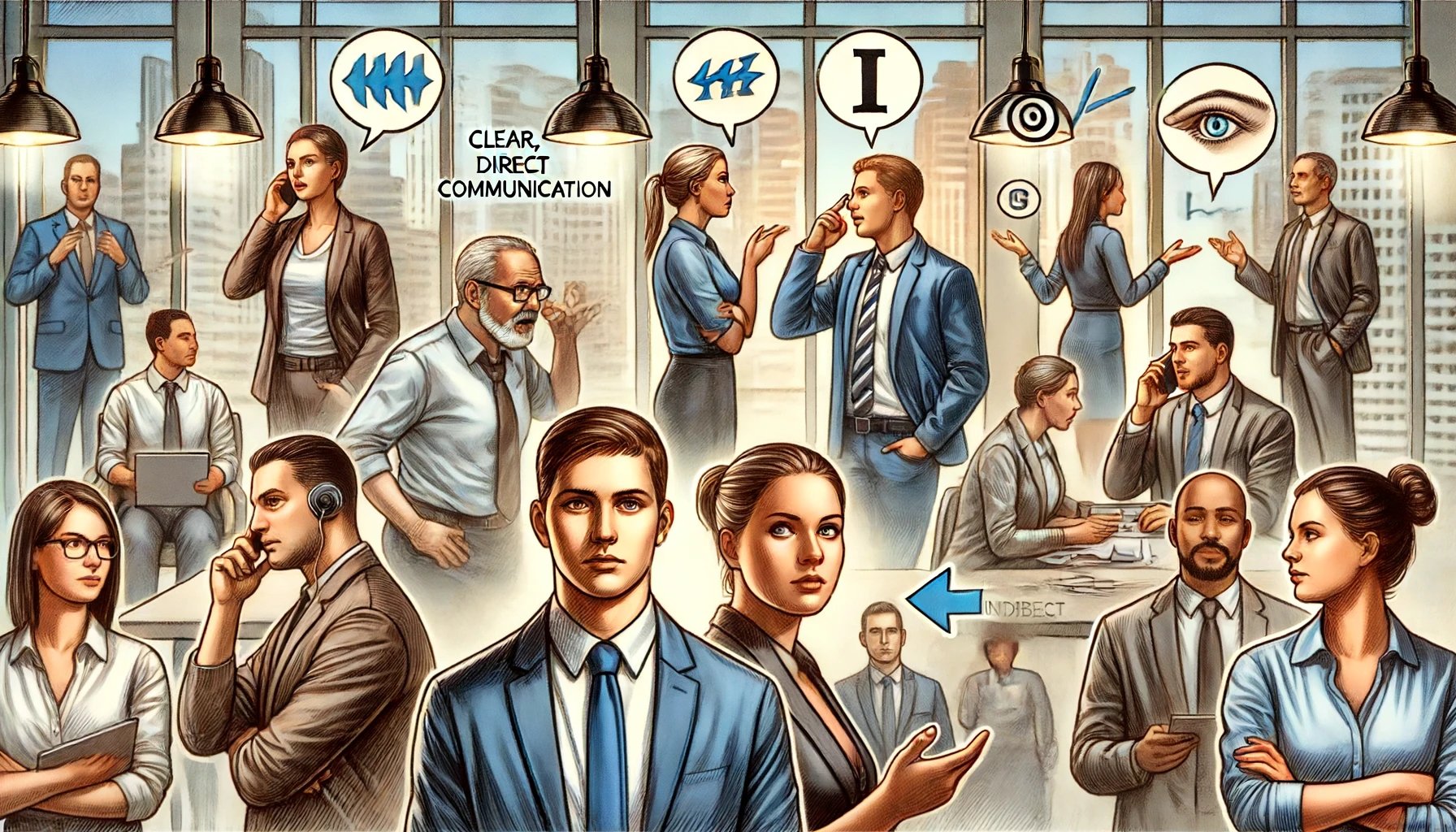
Why Trying to Read Minds Is a Terrible Communication Strategy and What to Do Instead
Indirect communication often leads to misunderstandings and frustration, much like trying to play charades with a mime. By embracing clear and direct language, we foster better understanding and stronger relationships. Simple strategies, like using "I" statements and asking for clarification, can transform our interactions.

How to Apologize and Accept Apologies
Apologizing and accepting apologies are vital social skills that require genuine remorse and vulnerability. Using phrases like "Please forgive me" shifts the focus to the other human and fosters reconciliation. Effective apologies, which include acknowledgment of the wrong and an offer to make amends, can significantly repair relationships and build trust.

Understanding Emotional Triggers: The Ultimate Guide to Managing Your Reactions
Emotional triggers are like mental tripwires. Cross one, and you're in emotional chaos. Identifying them is key. You feel a mood change, maybe get tense. These signs say, "Hey, you're triggered." Once you spot it, you've got options. Question its relevance. Challenge the thoughts behind it. Be mindful, and if another human is involved, talk it out. Owning your triggers isn't just good for you; it improves your relationships and makes you better at handling conflicts. Don't ignore them. Turn them into stepping stones for a better life.